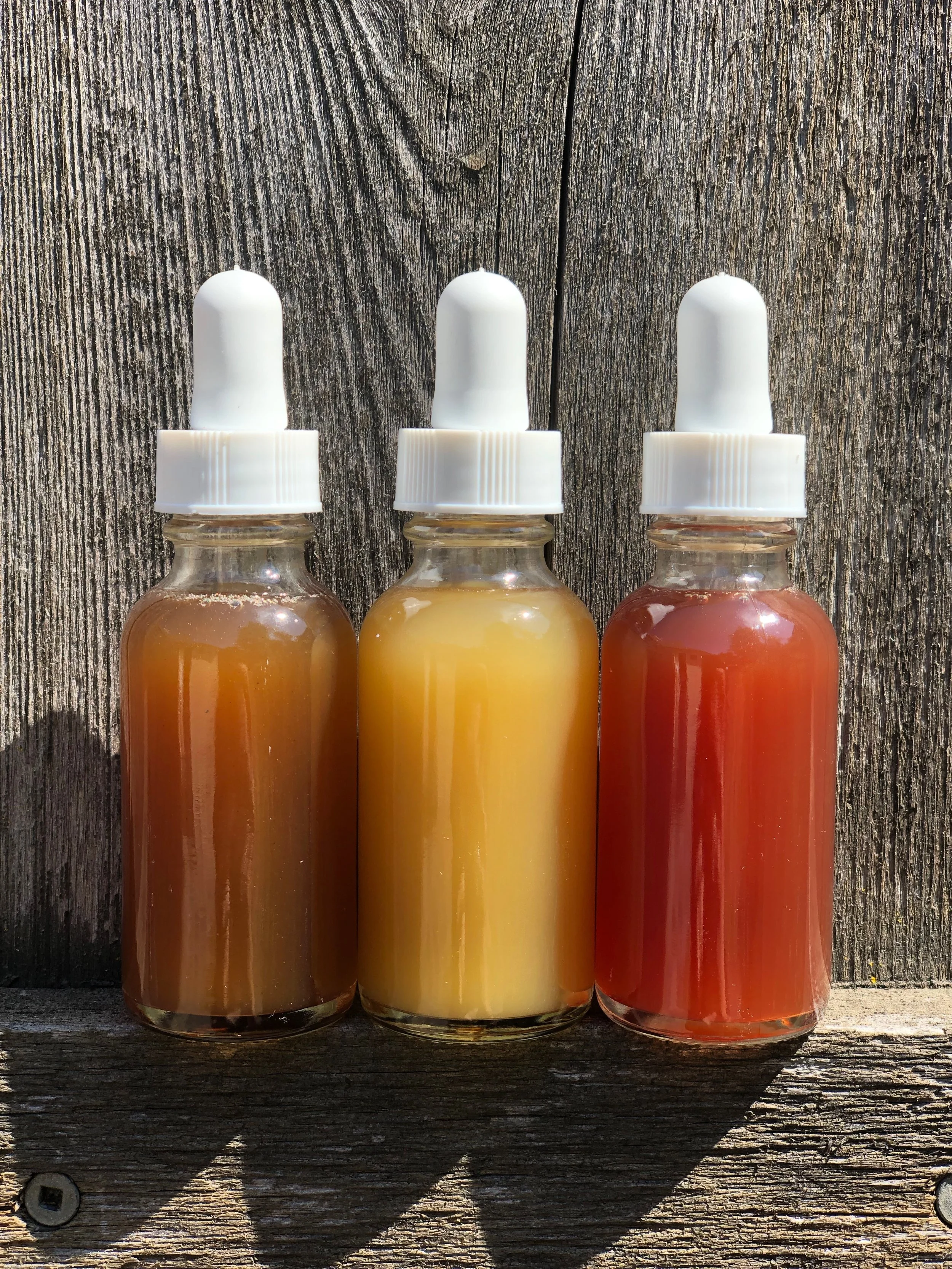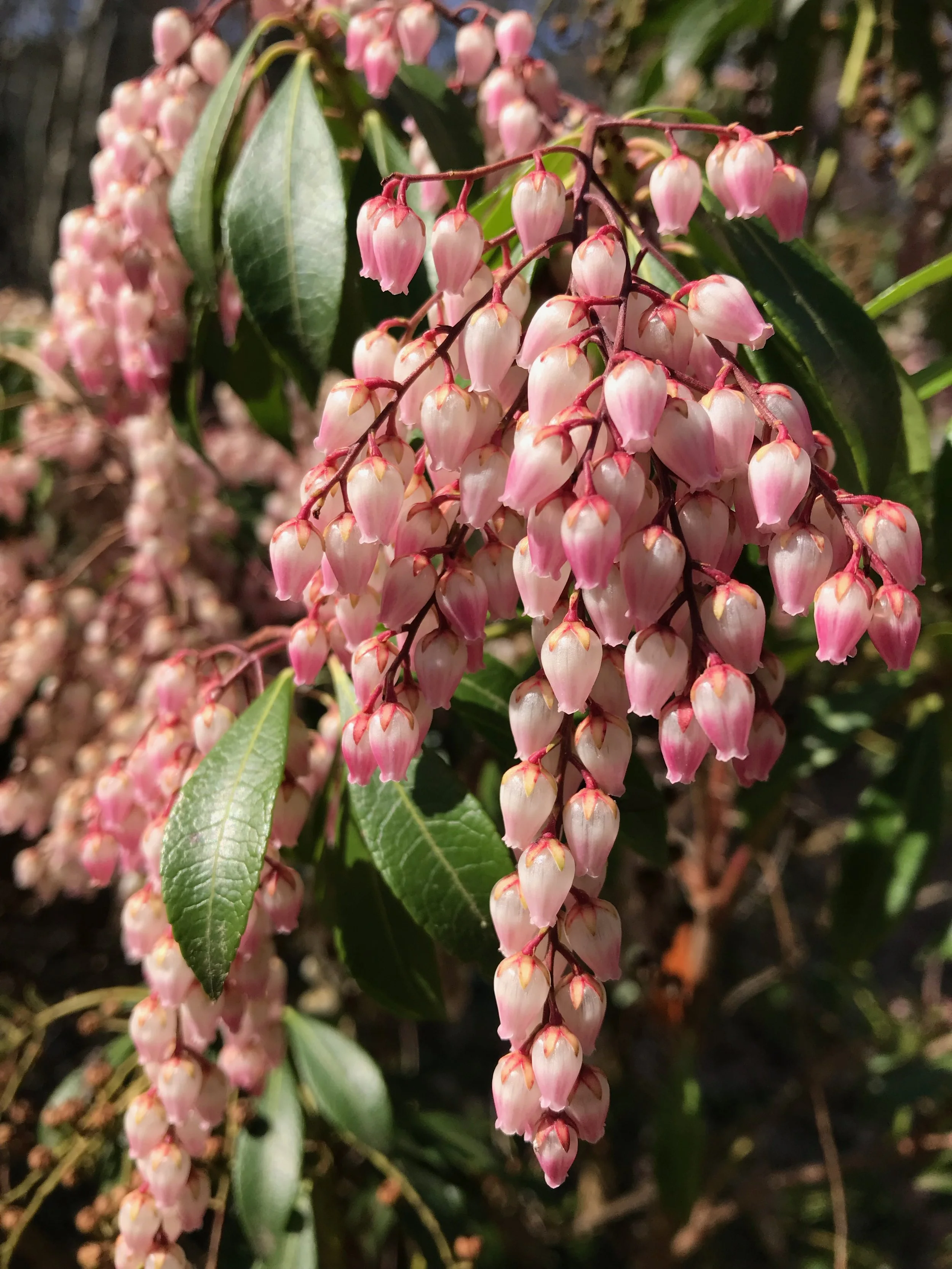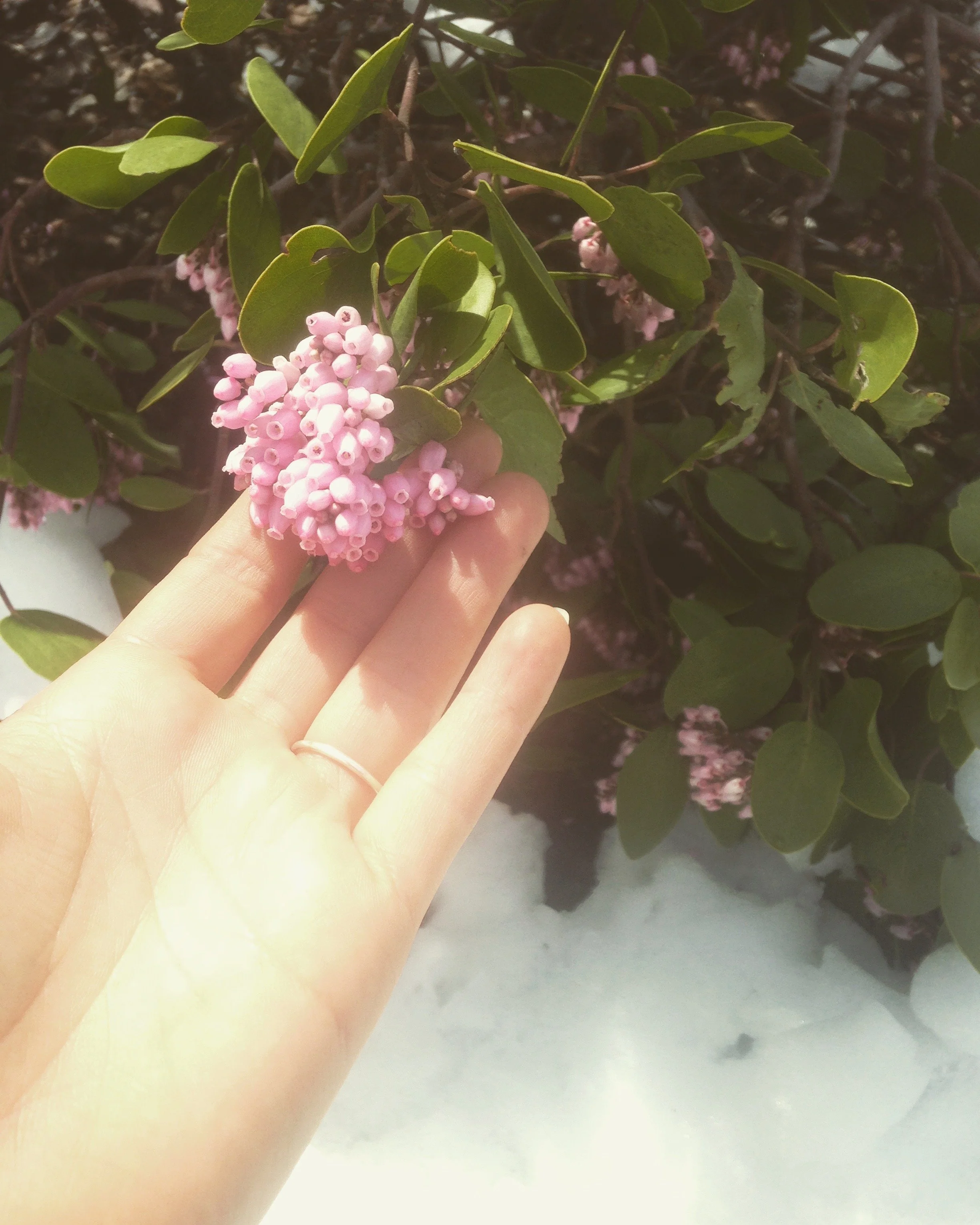Early Bird Pricing for the 2026-2027 School Year is Live 🌿
Early Bird Pricing for the 2026-2027 School Year is Live 🌿
The Community Herbalist
A Certification Path
A certification path for the aspiring community herbalist. An experiential program tailored towards the unique community the herbalist is serving. Foundational experience in herbalism is required.

Join our 4th Cohort 🌿
Thursdays, 3pm-6pm PST via Zoom
Two sessions with a winter break: Fall session meets September 17th - December 17th 2026 followed by a 6 week winter break and Spring session meets Febrary 4th - May 27th
This certification path includes over 100 hours of instruction, including live class time, optional evening office hours, and recorded materia medica. Outside of instructional hours, students are also expected to account for an additional two hours a week to complete program assignments (for an additional 60 hours of study time).
The classes are also recorded for folks who are unable to attend the live class.
What The Community Herbalist Covers:
-
Role & Scope of a Community Herbalist
Who is your community
Bringing people together around healing
Weaving webs with other community careworkers
Identifying community need
Creative resource gathering
Community education & engagement
Intake skills
-
A & P, energetics, herbal affinities, herbal & lifestyle support for:
Nervous
Digestive
Respiratory
Generative
Urinary
Cardio
Musculoskeletal & skin
Immune/lymph
-
Different formulation methods: how-to & nuance
Herbal actions
Thermal nature of plants
Dosing strategies
Real life application
Case Studies
-
Embodied understanding of plant medicine
Energetic understanding of plants, herbal actions & imbalances
-
First aid & Urgent care
Longer relationships & Prevention within your community
Live community consultation
-
Plant spirit medicine primer
Energetics of emotional patterns: grief, burnout, crisis, stress, fear
How working with emotions can create change in the physical body
How systems of power impact our health
Intersectionality of our bodies within a community/cultural context
-
Drug/herb interactions
Herb contraindications
Know your scope
Confidentiality
Holding space & boundaries
Cultural care
-
20+ plant materia medica
Apothecary basics
Accessibility of plants
Cultural connection with plants
Organization, upkeep & inventory
Creating & confronting colonial patterns in plant monographs
-
Weight to volume method
Health/safety/labels in community herbalism
Large batch teas
Non-alcohol medicine
Essential oils safety
Dual extracts/cooked medicine
Make medicine together in class
Tuition
Early Bird Pricing is $2000 total, or $200* per month for 9 months
BIPOC Partial Scholarships are available. Please indicate on the application if you’d like to use this option.
*Payment Plan pricing does not include the $200 deposit, required to hold your spot in the program (included in full tuition cost)
Please review our Sliding Scale Information Page to learn more about our particular sliding scale




